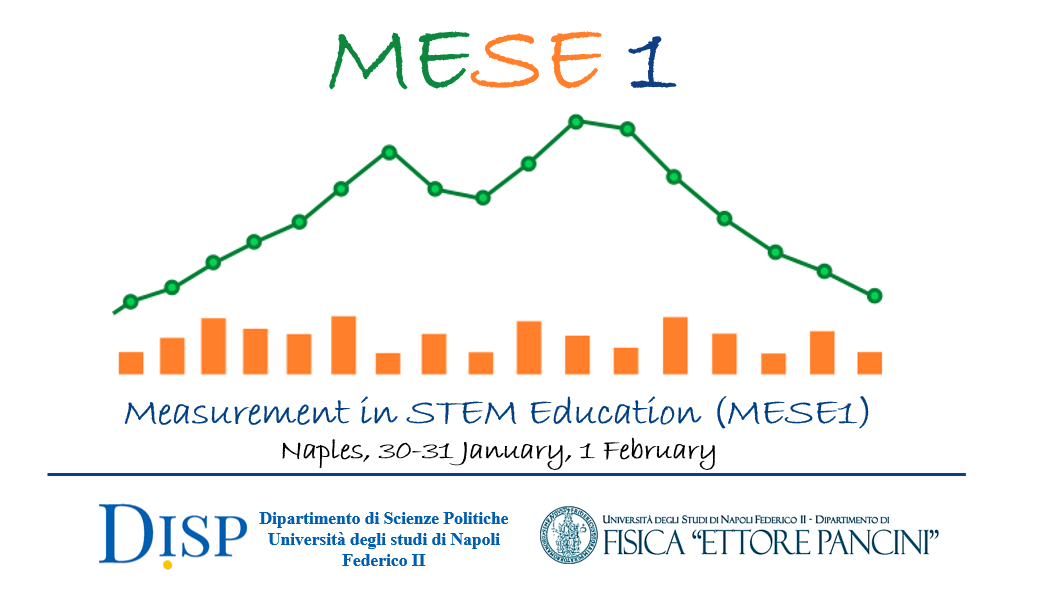Speaker
Description
In STEM education, the identity framework is often used to investigate students’ intention to pursue a STEM-related career. The purpose of this study was to explore the relationships between physics identity, interest, recognition, and performance-competence in physics. The analysis was based on a Likert-scale survey aimed at measuring the addressed constructs, administered online to N = 1135 Italian undergraduate and high school students. We validated a structural model in which performance-competence play the role of the independent variable, physics identity represents the dependent variable, while interest and recognition act as total mediators. We also considered two moderating variables for this model, gender and previous experience with physics, finding significant gender differences only for the path mediated by recognition, while very significant differences were found depending on different experience with physics. Results have implications for instruction in terms of understanding the mechanism underlying the promotion of students’ identity development in physics.

